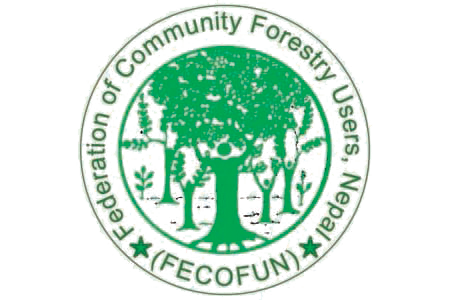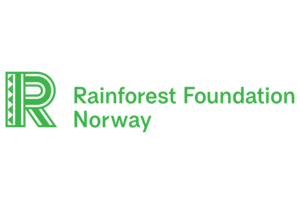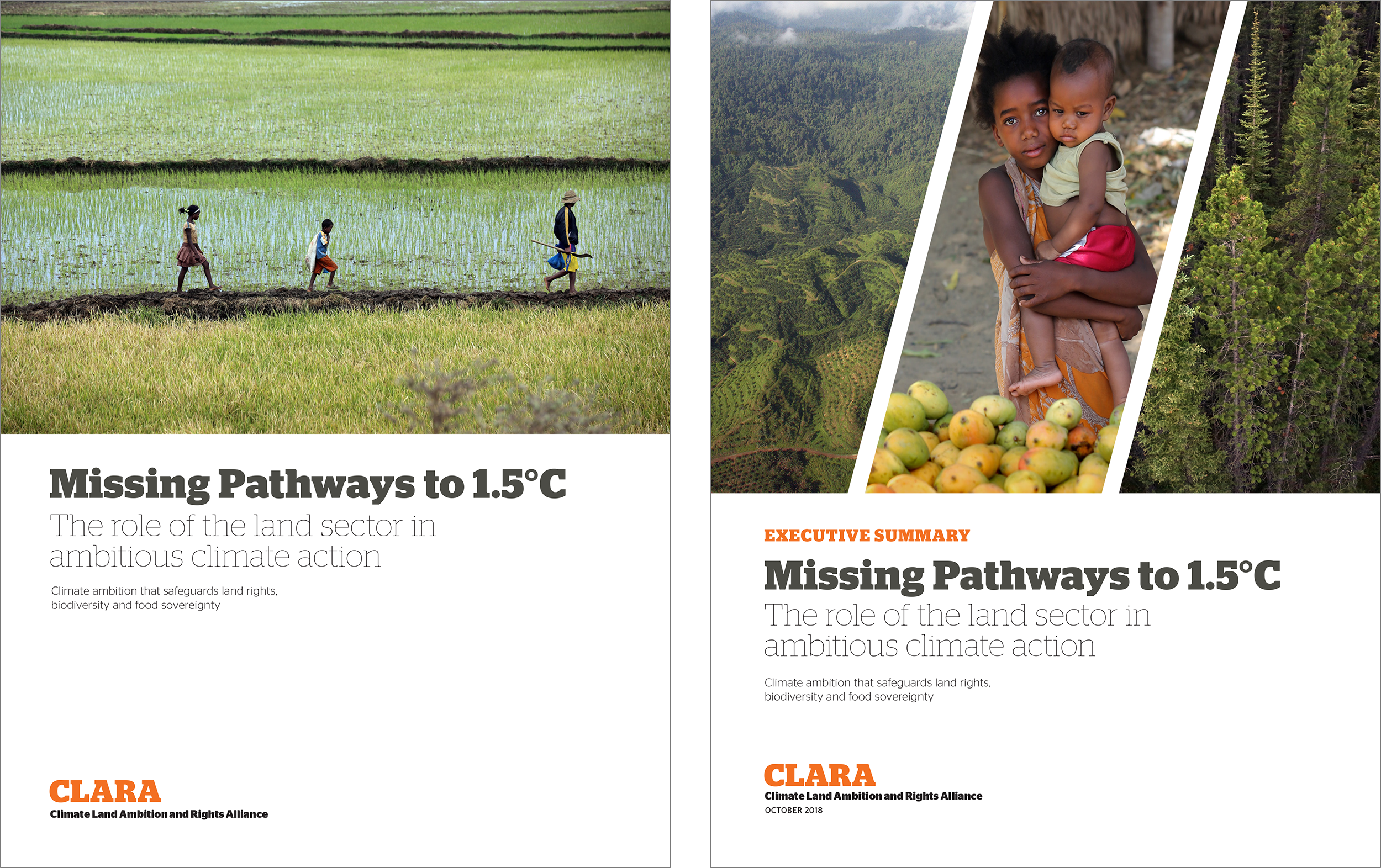
Climate
Land
Ambition &
Rights
Alliance
Protecting forests and communities. Restoring ecosystems and food systems. Charting ambitious paths for responding to climate change rooted in social justice and agroecology. Urging action at the UN climate talks.
See our work on Net Zero here:
Our Mission
CLARA pursues climate solutions that work for people—at community, landscape, and national levels.
Securing land rights for indigenous peoples and local communities
Strengthening core forest protections and ecosystem integrity
Restoring degraded forests and ecosystems
Agroecology and food sovereignty
Our work is rooted in the latest science, in the UN Sustainable Development Goals, and the UN Convention on Biodiversity. We work with scientists, farmers and indigenous leaders to show the crucial role of local solutions for building community and ecosystem resilience in the face of climate change.
CLARA also fights back against false climate solutions, like monoculture tree plantations, geo-engineering, unjust carbon offset projects, and large-scale bioenergy/BECCS.
We believe dramatic changes in the corporate-dominated global food system—and changes in individual diet—are necessary for preventing dangerous climate change.
CLARA members are active at the United Nations Framework Convention on Climate Change (UNFCCC) negotiations, in developing national climate plans, and in building the global climate justice movement.

Read about our Net Zero Campaign
CLARA’s Work
CLARA member organizations are leaders in the climate justice movement, in rainforest and temperate/boreal protection movements, and in land-rights and agroecological movements.
CLARA member organizations are also very involved in climate change science, ensuring proper accounting of greenhouse gas emissions.
Click on the links below for a more detailed picture of our activities and leadership.

CLARA Members
Civil society groups, peoples organizations, faith-based groups, independent researchers, and other network organizations from around the world form the Climate Land Ambition and Rights Alliance membership.


































Missing Pathways
In 2018, CLARA released the report Missing Pathways, which described and quantified land-sector mitigation pathways to 1.5 degrees C. Missing Pathways emphasizes rights-based climate solutions that put people and planet first.
Climate talks
CLARA members are active in most of the key UNFCCC negotiations.
The ‘Paris Rulebook’ giving guidance to countries developing national climate plans;
Article 6: non-market mechanism, and pushback on carbon-trading and -offset schemes;
Support to the Local Communities and Indigenous Peoples Platform [LCIPP];
Increasing ambition toward the Global Stocktake;
Koronivia Workplan on Agriculture;
Increasing levels of climate finance from wealthier member-states.
Science
CLARA published Missing Pathways in late 2018. We published our interpretation of Nature-based Solutions in 2019. Recently we’ve challenged approaches to ‘net zero’ that are anti-science – going deeper into the problem of carbon offsets. See our Net Zero Files for more on this topic.
Climate justice
All countries must increase ambition to meet the 1.5°C goal. But those countries with historical responsibility for causing climate change must do more, including through the provision of finance. Climate ambition must not negatively impact food security for vulnerable populations, or forest livelihoods, or the integrity of natural ecosystems. CLARA members support pathways toward achieving the 1.5°C goal, as well as achieving the Sustainable Development Goals (SDGs), on the basis of equity. CLARA members work to empower indigenous and local communities to participate effectively in national climate-change debates and actions.
Get involved
CLARA welcomes new members who ascribe to our shared principles of climate justice, equitable burden-sharing in meeting the global climate challenge, community-led solutions for climate resilience, restorative agriculture and forest practices.


